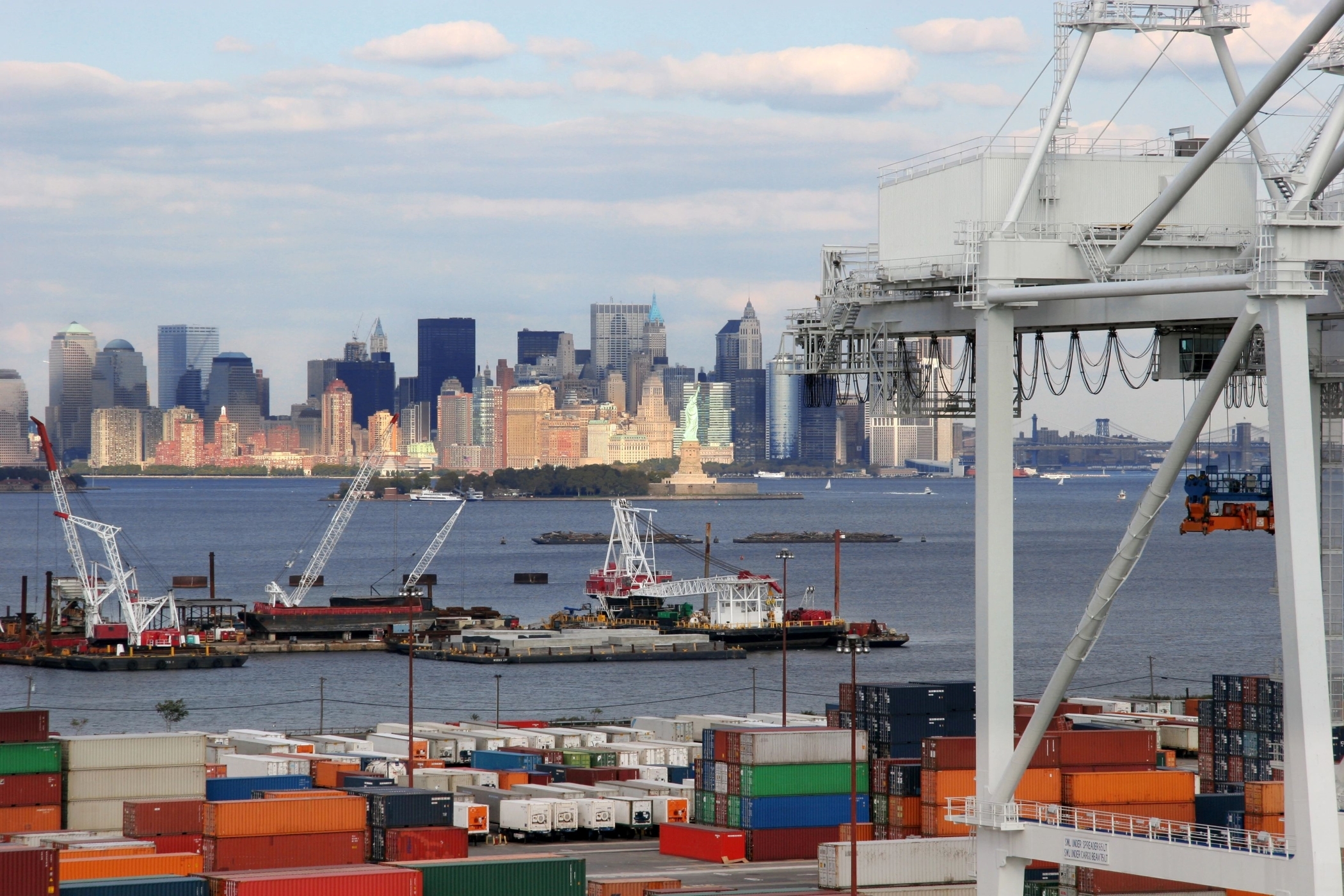The International Monetary Fund (IMF) released its World Economic Outlook update in July 2024, projecting a steady global growth rate of 3.2% for the year. Despite this optimistic projection, the global economy faces persistent challenges, particularly in the realm of services inflation and monetary policy normalisation.
Steady Global Growth
The International Monetary Fund’s (IMF) July 2024 World Economic Outlook update projects a steady global growth rate of 3.2% for the year, mirroring the April forecast. This projection reflects a cautiously optimistic view of the global economy, buoyed by recovery efforts and sound economic policies across various nations.

Despite this stability, the growth rate remains uneven across different regions. Advanced economies, particularly in North America and Asia, are showing a robust recovery, driven by strong consumer demand and technological advancements. However, emerging markets and developing economies face slower growth due to structural challenges and external shocks, such as geopolitical tensions and supply chain disruptions.
Persistent Services Inflation
A significant challenge highlighted in the IMF report is the persistence of services inflation. Unlike goods inflation, which has seen some easing, services inflation remains high, driven by rising costs in healthcare, education, and housing. This persistent inflation complicates the efforts of central banks to normalize monetary policy without stifling economic growth.

Service inflation is particularly challenging because it tends to be more sticky and less responsive to traditional monetary policy measures. Central banks in advanced economies have started to tighten monetary policy to curb inflation, but this comes with the risk of slowing down economic recovery. In contrast, emerging markets face higher inflation rates and require more aggressive policy measures, which could impact their growth prospects.
Monetary Policy and Inflationary Pressures
The IMF report underscores the delicate balancing act that central banks must perform in managing inflationary pressures while supporting economic growth. In many advanced economies, central banks have already begun to tighten monetary policy to address inflation. However, this tightening must be carefully calibrated to avoid derailing the economic recovery.

For instance, the U.S. Federal Reserve and the European Central Bank have both signalled intentions to increase interest rates gradually. These measures aim to rein in inflation without causing a significant slowdown in economic activity. Emerging markets, on the other hand, face more severe inflationary pressures, necessitating sharper policy adjustments to maintain economic stability.
Regional Disparities and Risks
The IMF report also highlights significant regional disparities in economic performance. While regions like Asia are experiencing robust growth, parts of Africa and Latin America continue to struggle with slower recoveries due to various structural issues and external shocks.

Additionally, the report warns of potential risks that could impact global economic stability. These risks include geopolitical tensions, such as the ongoing conflicts in various parts of the world, supply chain disruptions caused by trade disputes and natural disasters, and climate-related events. Policymakers must remain vigilant and responsive to these risks to sustain economic recovery and ensure inclusive growth across all regions.
Source: https://www.imf.org/en/Home

